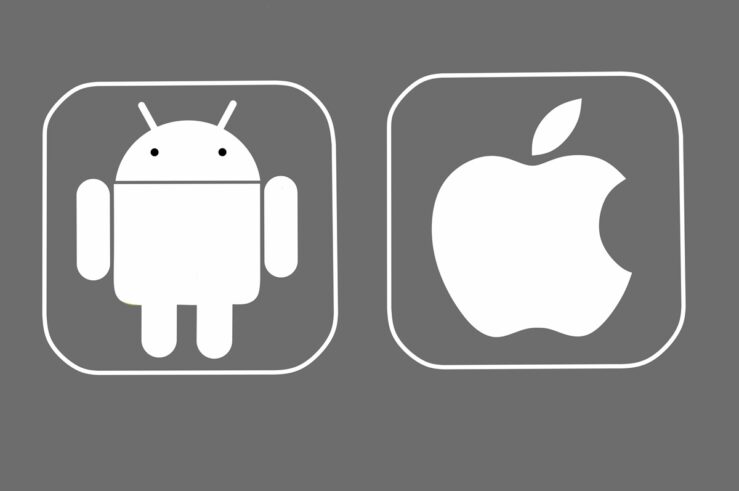The WSJ reports:
In a nationally televised competition, the Watson computer system built by International Business Machines Corp. handily defeated two former “Jeopardy” champions. * * *
To emulate the human mind, and make it competitive on the TV quiz show, Watson was stuffed with millions of documents—including dictionaries, anthologies and the World Book Encyclopedia. After reading a clue, Watson mines the database, poring over 200 million pages of content in less than three seconds. Researchers developed algorithms to measure Watson’s level of confidence in an answer in order to decide whether it should hit the “Jeopardy!” buzzer.
The article notes that one commercial plan for Watson targets the health care industry. Well, what about law?
In my recently posted working paper, Law’s Information Revolution, Bruce Kobayashi and I discuss how developments like this could fundamentally change “law practice” into an information-based industry where law-based information is sold through product and capital markets. For example, we note (footnotes omitted):
There is room for more radical developments in using computers to create legal knowledge. This could involve reengineering the underlying idea of what legal research entails. Instead of the conventional method of relying on courts’ holdings categorized in treatises or “tagged” via West Key Numbers, lawyers might analyze facts in extensive databases of cases or court records available through PACER (Public Access to Court Electronic Records) to predict case results. These predictions might be refined using theories based on economic analysis, psychology, sociology, decision theory and political science to determine relevant variables. Lawyers might collaborate with computer scientists to develop new computer prediction algorithms. This would be analogous to the techniques already used to predict consumers’ tastes in films and music. Computers already can provide the correct Jeopardy question “Who is Eddie Albert Camus” for the answer “A ‘Green Acres’ star goes existential (& French) as the author of ‘The Fall.’” They ought to be able to answer a question like “can a lawyer copyright a complaint?”
I will be discussing the implications of these developments for law teaching at an Iowa symposium next week, and posting my paper on that shortly.
Of course computers won’t replace humans anytime soon. Watson’s creator conceded that “A computer doesn’t know what it means to be human.”
Yes, but do lawyers know that?




